As the world becomes more conscious of environmental impacts and personal health, sustainable baking has gained popularity. The bakeware you use plays a crucial role in your baking experience and can also influence your environmental footprint. From the materials used to manufacturing processes, eco-friendly bakeware options help you reduce waste, avoid harmful chemicals, and enjoy healthier baking.
Here’s a detailed guide on safe and eco-friendly bakeware options for sustainable baking that doesn’t compromise quality or results.
Table of Contents
- 1. Glass Bakeware: A Timeless, Non-Toxic Option
- 2. Stainless Steel: Durable and Recyclable
- 3. Silicone Bakeware: Reusable and BPA-Free
- 4. Ceramic Bakeware: Naturally Non-Stick and Stylish
- 5. Cast Iron Bakeware: Sturdy and Naturally Non-Stick Over Time
- 6. Carbon Steel Bakeware: Efficient and Lightweight
- 7. Stoneware: Naturally Insulating and Perfect for Breads
- 8. Eco-Friendly Practices for Baking Sustainably
- 9. Conclusion: Choosing Eco-Friendly Bakeware for Healthier Baking
Glass Bakeware: A Timeless, Non-Toxic Option
Glass bakeware has been a staple in kitchens for decades and is considered one of the safest materials for baking. Made from natural minerals and entirely recyclable, glass is free from toxic chemicals and won’t leach harmful substances into your food.
Benefits:
- Non-toxic: Glass doesn’t contain harmful chemicals like BPA, PFOA, or PTFE.
- Durable and versatile: Great for baking, freezing, and even serving.
- Transparent: Allows you to see the progress of your bake.
- Eco-friendly: Fully recyclable and long-lasting.
Tip: Look for high-quality, borosilicate glass, which can withstand high temperatures and sudden changes in temperature.
Stainless Steel: Durable and Recyclable
Stainless steel is another excellent choice for sustainable baking. It’s naturally resistant to rust and scratching, making it highly durable and long-lasting. Stainless steel bakeware also tends to be lightweight and heats up quickly, making it efficient for energy-conscious bakers.
Benefits:
- Eco-friendly: 100% recyclable and long-lasting, reducing waste over time.
- Non-reactive and safe: Free from harmful coatings, suitable for acidic foods.
- Easy to clean: Less likely to retain food odors or stains, making it easier to maintain.
Tip: Opt for food-grade stainless steel for safe and efficient baking.
Silicone Bakeware: Reusable and BPA-Free
Silicone bakeware has gained popularity for its flexibility and non-stick properties. Made from silica (sand), silicone is naturally BPA-free and a safe alternative to non-stick coatings. It’s incredibly flexible, which makes it easy to remove baked goods without needing additional oils or butter. Additionally, silicone bakeware can handle a wide range of temperatures and is highly reusable.
Benefits:
- Non-toxic and BPA-free: Does not contain harmful chemicals or toxins.
- Reusable and long-lasting: Reduces the need for single-use liners or papers.
- Flexible: Easy to store and ideal for delicate baking like muffins and cupcakes.
Tip: Purchase high-quality, food-grade silicone bakeware to ensure safety and durability.
Ceramic Bakeware: Naturally Non-Stick and Stylish
Ceramic bakeware is a beautiful and eco-friendly option that’s naturally non-stick and free from toxic coatings. Ceramic-coated bakeware is often made from sustainable materials and comes in many shapes and sizes, making it versatile for various baking needs. True ceramic bakeware, fired at high temperatures, doesn’t contain harmful chemicals, and can withstand high baking temperatures.
Benefits:
- Non-toxic and lead-free: Avoids harmful chemicals often found in non-stick coatings.
- Eco-friendly: Made from natural clay, easily recyclable, and biodegradable.
- Even heating: Ensures uniform baking for beautifully browned results.
Tip: Look for ceramic bakeware that specifies it is lead- and cadmium-free for safe and reliable baking.
Cast Iron Bakeware: Sturdy and Naturally Non-Stick Over Time
Cast iron is incredibly durable and eco-friendly due to its ability to last for generations if cared for properly. It’s naturally non-stick once seasoned, free from harmful coatings, and can go from oven to stovetop seamlessly. Cast iron bakeware is ideal for savory baking and rustic dishes like breads and cobblers, offering even heat distribution.
Benefits:
- Durable and recyclable: Known for longevity, reducing waste and the need for replacements.
- Naturally non-stick: Can be made non-stick with proper seasoning.
- Non-toxic: No harmful coatings or chemicals are involved.
Tip: Season cast iron regularly to maintain its non-stick properties and prevent rusting.
Carbon Steel Bakeware: Efficient and Lightweight
Carbon steel bakeware combines the durability of stainless steel with improved heat conductivity, making it a great eco-friendly option. It’s typically coated with a safe non-stick layer or requires seasoning to become naturally non-stick. Carbon steel bakeware is lighter than cast iron, heats up faster, and retains heat effectively, reducing energy usage during baking.
Benefits:
- Eco-friendly: Long-lasting and made from recyclable materials.
- Energy-efficient: Heats up quickly, cutting down baking times.
- Non-stick: Can be seasoned for a non-toxic non-stick surface.
Tip: Meyer Bakemaster offers carbon steel bakeware that’s highly durable and energy-efficient, with a honeycomb base for even heat distribution and smooth food release.
Stoneware: Naturally Insulating and Perfect for Breads
Stoneware is a type of ceramic bakeware that excels in heat retention, making it ideal for bread and pie baking. It has a natural, rustic look and is usually free of harmful coatings, making it safe for high-temperature baking. Its thick material retains heat exceptionally well, providing even baking results and allowing food to stay warm for longer.
Benefits:
- Non-toxic: Free from lead and harmful chemicals.
- Eco-friendly: Made from natural materials, often recyclable.
- Insulating properties: Retains heat well, ideal for slow baking and maintaining warmth.
Tip: Stoneware is sensitive to sudden temperature changes, so avoid placing it directly from the freezer to a hot oven.
Eco-Friendly Practices for Baking Sustainably
Beyond choosing eco-friendly bakeware, adopting sustainable baking practices can further reduce your environmental impact.
- Use Reusable Liners and Sheets: Instead of disposable parchment paper or foil, consider silicone baking mats, which are non-stick, reusable, and easy to clean.
- Avoid Preheating for Longer Than Necessary: Preheat the oven only when necessary and for the minimum required time to save energy.
- Choose a Convection Setting: Convection ovens bake faster and use less energy, reducing your overall energy consumption.
- Opt for Natural Cleaning Products: Avoid harsh chemicals that can wear down bakeware and release toxins. Instead, use a mix of baking soda and vinegar for effective, eco-friendly cleaning.
- Take Care of Your Bakeware: Proper maintenance and care extend the life of your bakeware, reducing waste and the need for replacements.
Conclusion: Choosing Eco-Friendly Bakeware for Healthier Baking
Baking sustainably is about making small changes that contribute to a healthier environment while also ensuring that your bakes are safe and chemical-free. From glass and ceramic to carbon steel and silicone, there are a variety of eco-friendly bakeware options available that deliver excellent baking results and reduce your environmental footprint.
By selecting high-quality, safe bakeware, and adopting sustainable baking practices, you can enjoy baking with confidence—knowing that your kitchen is as eco-friendly as it is deliciously productive!

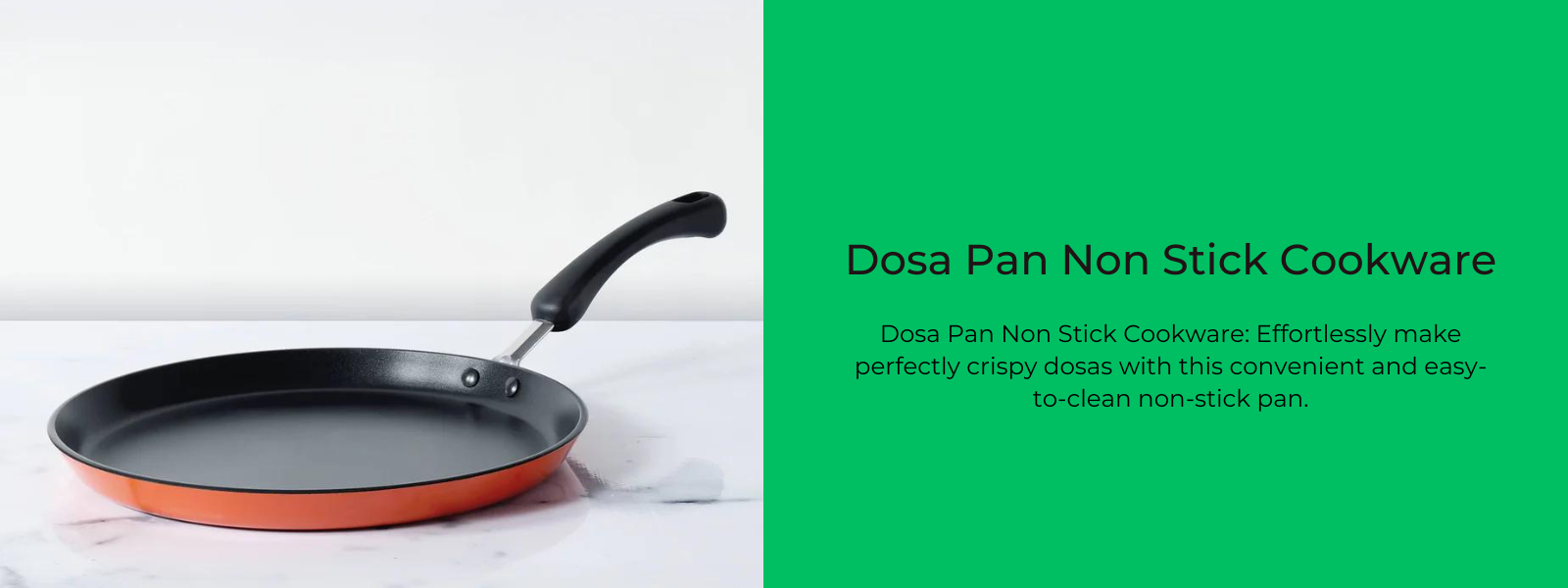
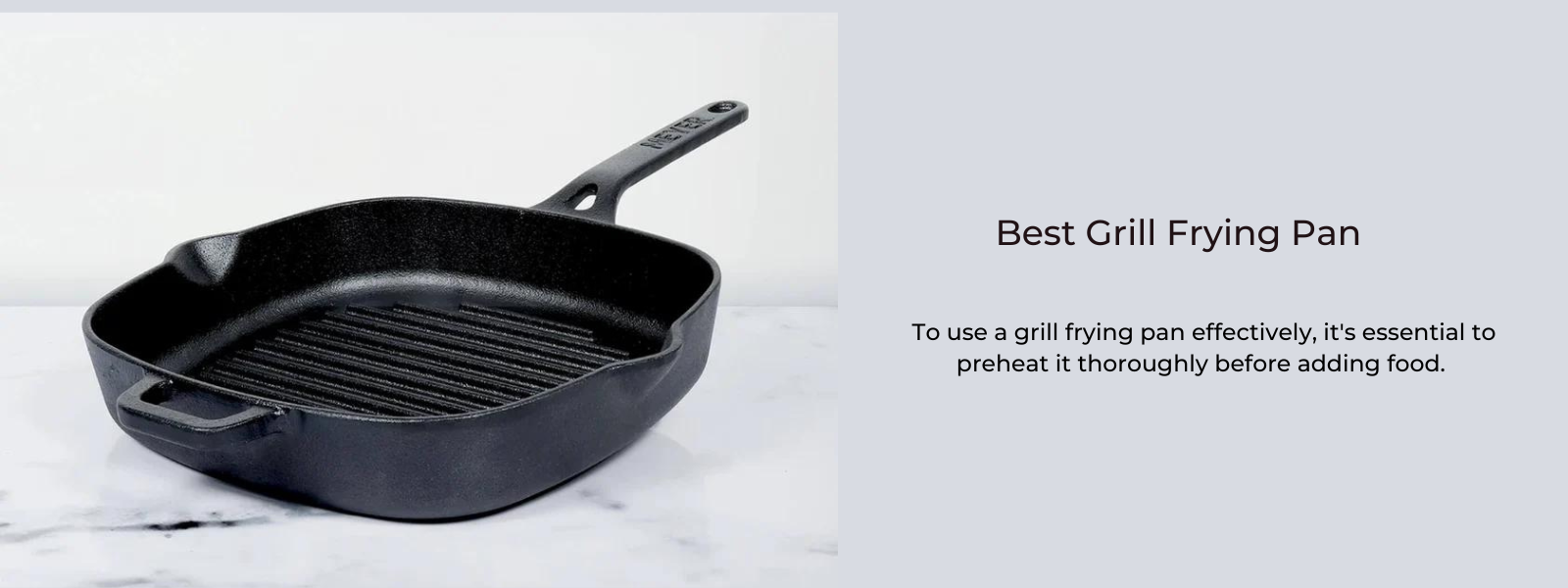


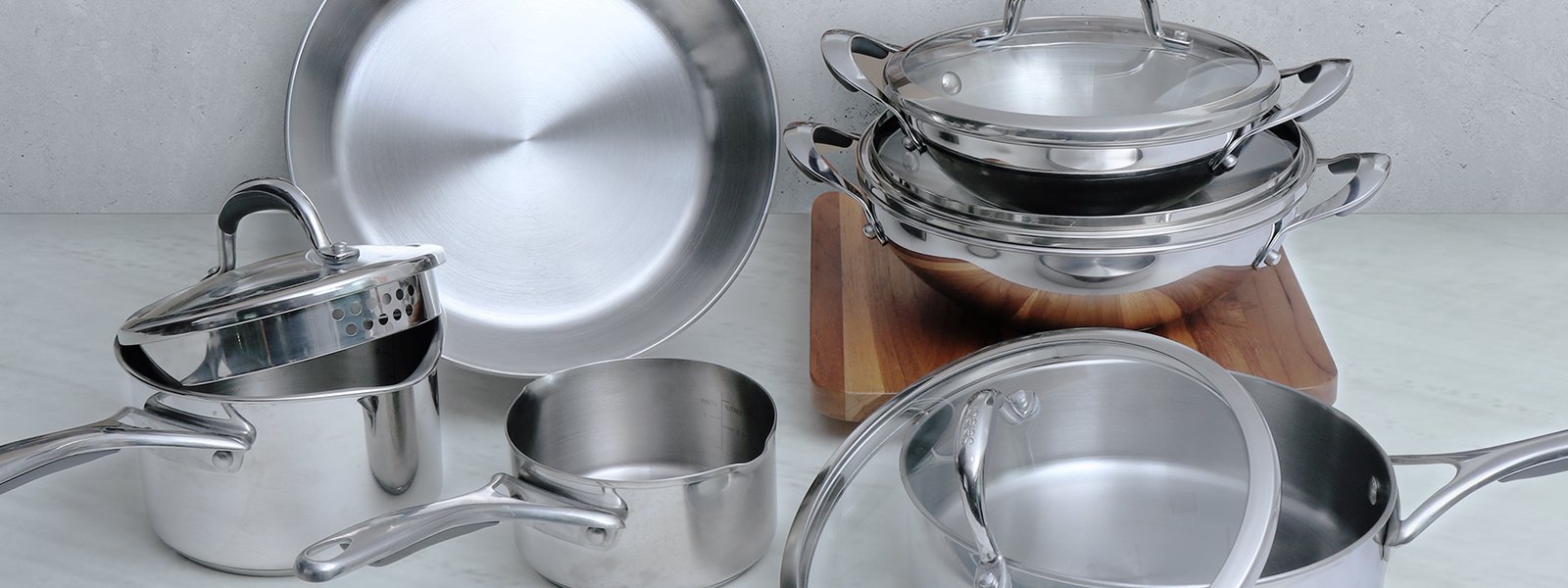

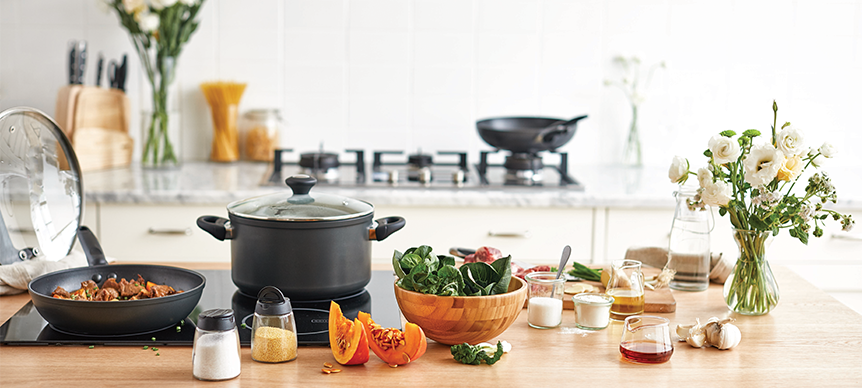
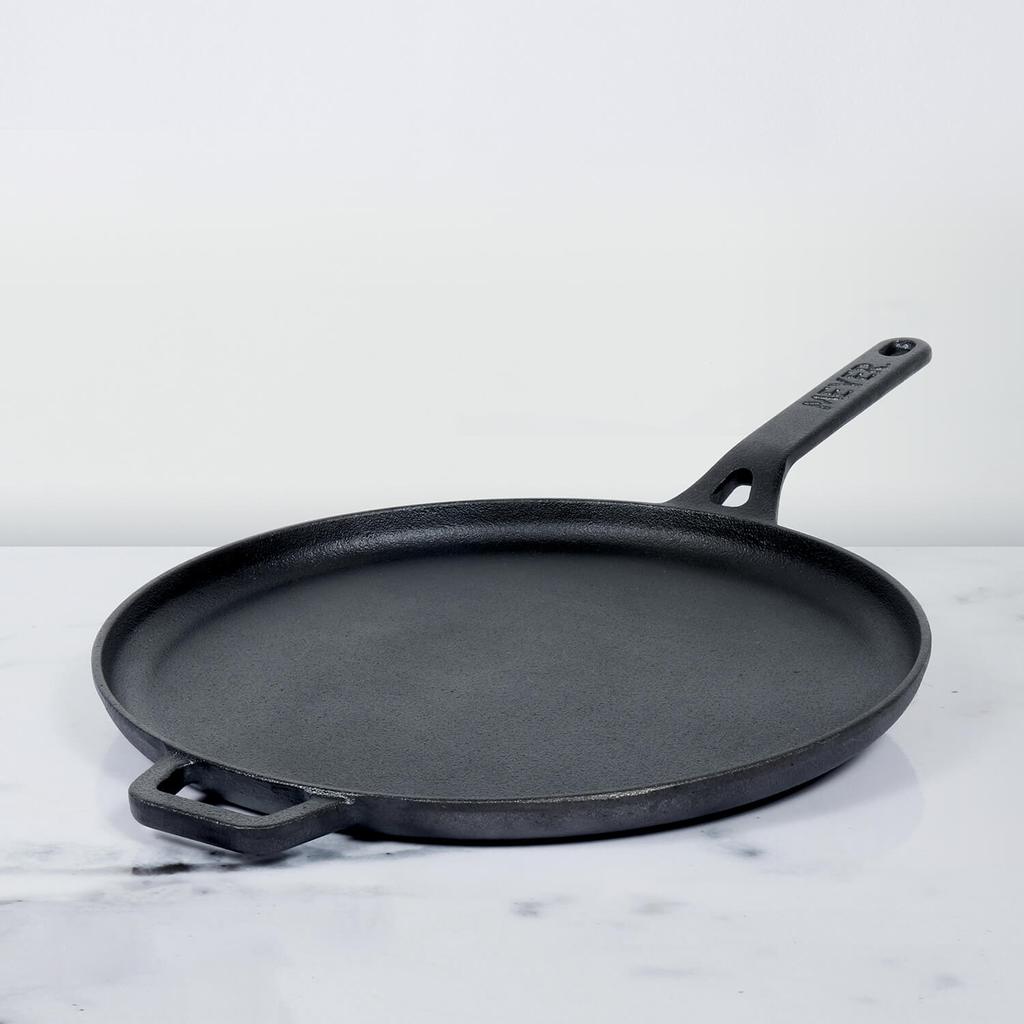
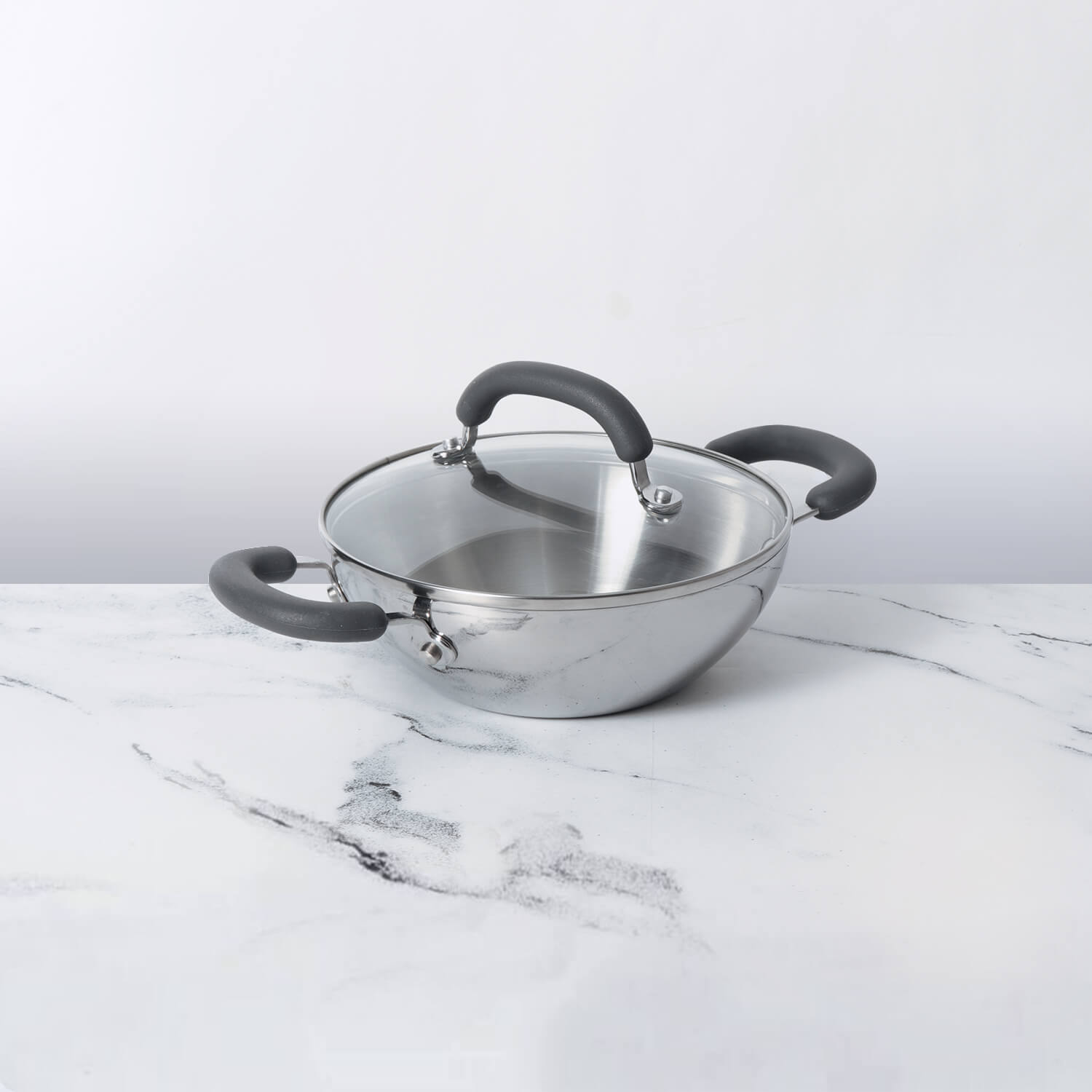




Leave a comment